ICF (Insulated Concrete Form) Homes on the Gulf Coast: My Top 20 Q&As for Orange Beach & Ono Island
By Meredith Folger Amon, Licensed in Alabama and Florida
Guided by Integrity. Backed by Experience. Search the Gulf with Meredith Folger Amon.
I love helping clients build smarter on the coast. On Ono Island and around Orange Beach, ICF (Insulated Concrete Form) has moved from “niche” to “expected” on many custom homes. Below are the twenty questions I hear most—asked by both builders and consumers—plus straight answers from my experience walking sites, reading reports, and living with coastal realities (wind, salt, flood, and insurance).
Looking at coastal building more broadly? Start here: New Construction on the Gulf Coast.
1) What exactly is ICF?
ICF walls are built by stacking hollow foam blocks (EPS) like big Lego™, reinforcing them with steel rebar, and filling the cavity with concrete. The foam stays in place as continuous insulation, the concrete becomes your structural wall, and the system creates an air-tight, quiet, highly durable shell.
2) Why does ICF make sense on the Gulf Coast?
Wind and water. ICF gives you steel-reinforced concrete walls with continuous insulation and fewer seams. That helps with wind resistance, flying-debris impact paths, temperature control, and sound. It also pairs well with fortified roof systems and impact openings in coastal storms.
3) How does ICF compare to concrete block (CMU)?
Both are concrete. ICF typically offers better air sealing and continuous insulation out of the box, plus fewer thermal bridges. CMU can be excellent when fully grouted and insulated—but doing that to ICF’s level usually adds steps and cost.
4) What’s the typical cost premium?
It varies by plan and market, but many projects land in a single-digit percentage over top-tier framed construction. I tell clients to price the whole assembly (shell + insulation + air sealing + energy + sound + insurance conversation), not just the wall line item.
5) Do insurers care?
Locally, carriers care about roof system, openings, elevation, and construction quality. ICF can support a strong conversation, especially when combined with impact windows/doors and a fortified roof deck. Document everything with photos for your policy file.
6) Will ICF help energy and comfort?
Yes—continuous insulation and air sealing help stabilize interior temperatures and reduce HVAC load. Proper mechanical ventilation and right-sized equipment are key to reap the benefits.
7) Are termites still a concern?
Termites don’t eat concrete, but they can travel through foam. On the coast, you want: termite shields at transitions, treated foam or barriers where required, and a professional WDO program with routine inspections. Keep landscaping and mulch off the wall—no foam-to-soil contact.
8) How do we handle flood and elevation?
Your elevation strategy (slab-on-fill, structural slab, or piling system) is driven by the flood zone and engineering. ICF works with all three. Below BFE (Base Flood Elevation) areas are not for habitable space; use compliant enclosures and flood vents per code and your engineer.
9) What about salt, corrosion, and hardware?
Specify 316 stainless or hot-dip galvanized hardware where appropriate, isolate dissimilar metals, and protect penetrations. Pay attention to balcony/ledger connections, roof ties, and any embedded metal near the coast.
10) How do trades run electrical and plumbing?
Most electricians hot-knife or rout chases in the interior foam after pour, then backfill and skim. Plumbers typically keep wet stacks interior and use sleeves for exterior penetrations. Plan fixture locations early; it saves time and foam dust.
11) How are windows and doors installed?
With structural bucks (treated wood, composite, or proprietary), fully anchored to concrete. You’ll want proper flashing, pan details, and sealants compatible with foam and concrete. Impact-rated assemblies are my go-to near the water.
12) Roof connections—anything special?
Yes: uplift matters. Your engineer will specify embedded straps/anchors and a roof deck attachment pattern that meets or exceeds design pressures. Pair that with a secondary water barrier and proper underlayments for a fortified roof conversation.
13) Can I hang heavy things on ICF walls?
Absolutely—hit the concrete. Use screw-in anchors rated for concrete or plan embedded backing where you know you’ll want heavy millwork, TVs, or shelving. In wet rooms, plan blocking early.
14) Exterior finishes—stucco, siding, stone?
Lots of options. Follow the ICF manufacturer’s finish guide. On stucco, make sure you keep proper base termination clearances and flashing; on claddings, use approved fasteners and rainscreen strategies where needed.
15) How long does ICF add to the build schedule?
With an experienced crew, the learning curve is minimal. You may save time because framing + insulation + sheathing steps compress. Coordination wins here—get your ICF installer, engineer, and shell inspector talking early.
16) Can I mix ICF and conventional framing?
Yes. Many plans use ICF on main living levels and frame interior partitions or upper levels. Just respect load paths, connectors, and air-seal transitions.
17) Sound: is it really quieter?
Yes. Concrete core + foam = mass + decoupling. It’s great for beachfront and busy corridors. You’ll still want attention to doors, windows, and penetrations to keep the envelope consistent.
18) What should I ask a builder bidding my ICF home?
- Which ICF system do you install and why?
- Who is the engineer of record, and how will you document the shell (photos, pour logs, rebar schedules)?
- How will MEPs run chases and seal penetrations?
- What’s the plan for roof ties, impact openings, and corrosion resistance?
- Timeline, allowances, and change-order triggers for shell work.
19) Appraisals and lending—any issues?
Most lenders are comfortable with ICF; appraisers will look for comparable sales. I provide appraisers with shell specs, energy projections (when available), and insurance notes to support value.
20) Resale value on the coast?
Buyers respond to quiet, low-draft homes with strong storm narratives. An ICF shell, fortified roof, impact openings, and smart elevation read like “peace of mind.” Keep a clean binder: engineering, photos, permits, and finish specs—it helps at resale.
My planning checklist for an ICF home at the beach
- Site & flood strategy (elevation, access, utilities, drainage)
- Shell scope (ICF levels, roof system, impact openings)
- Corrosion plan (metals, coatings, anodes where relevant)
- Air, water, and thermal details (transition points, penetrations)
- MEP coordination (chases, sleeves, mechanical ventilation)
- Exterior finish details (clearances, rainscreens, flashing)
- Documentation (photos, inspections, manuals, warranties)
Want help matching a homesite and plan to your ICF goals on Ono Island or in Orange Beach? I’ll help you price apples-to-apples, interview builders, and coordinate the shell details that matter on the Gulf Coast.
Related resources: New Construction • Orange Beach • Ono Island
Important: Always follow your engineer of record, the local building official, current code, manufacturer specifications, and your specific site conditions.

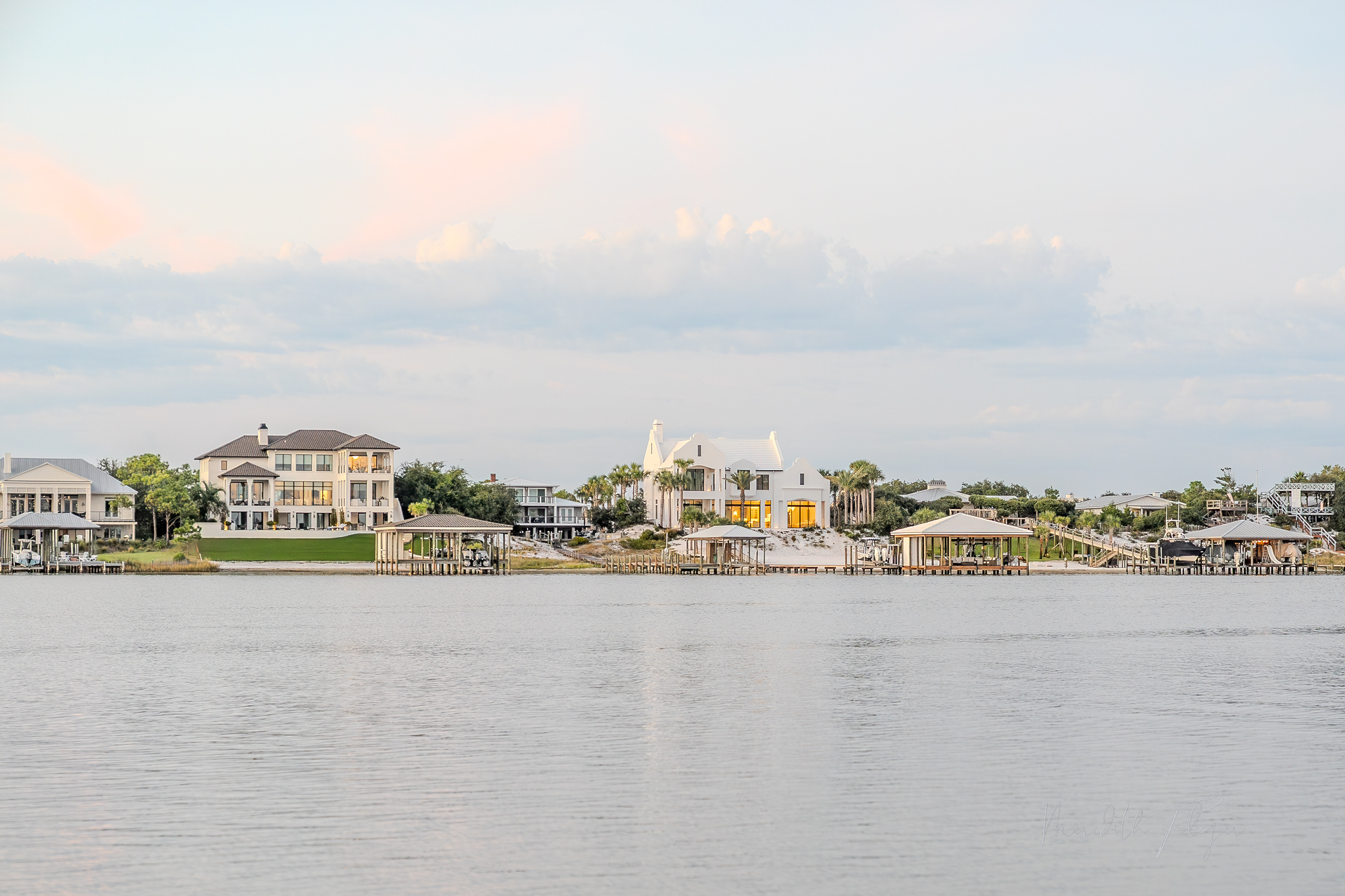
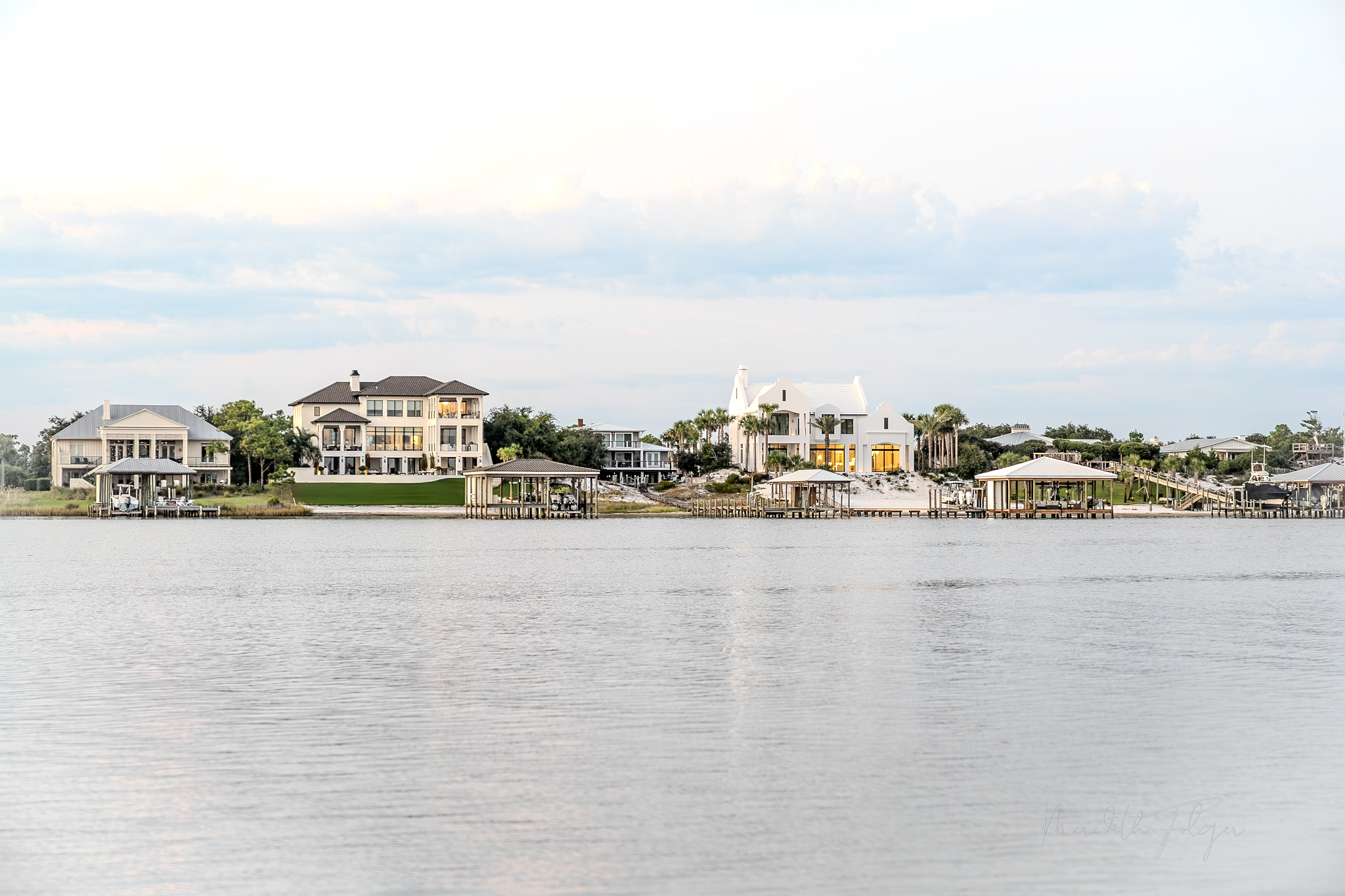
 #searchthegulf #meredithamon #becausewelivehere
#searchthegulf #meredithamon #becausewelivehere 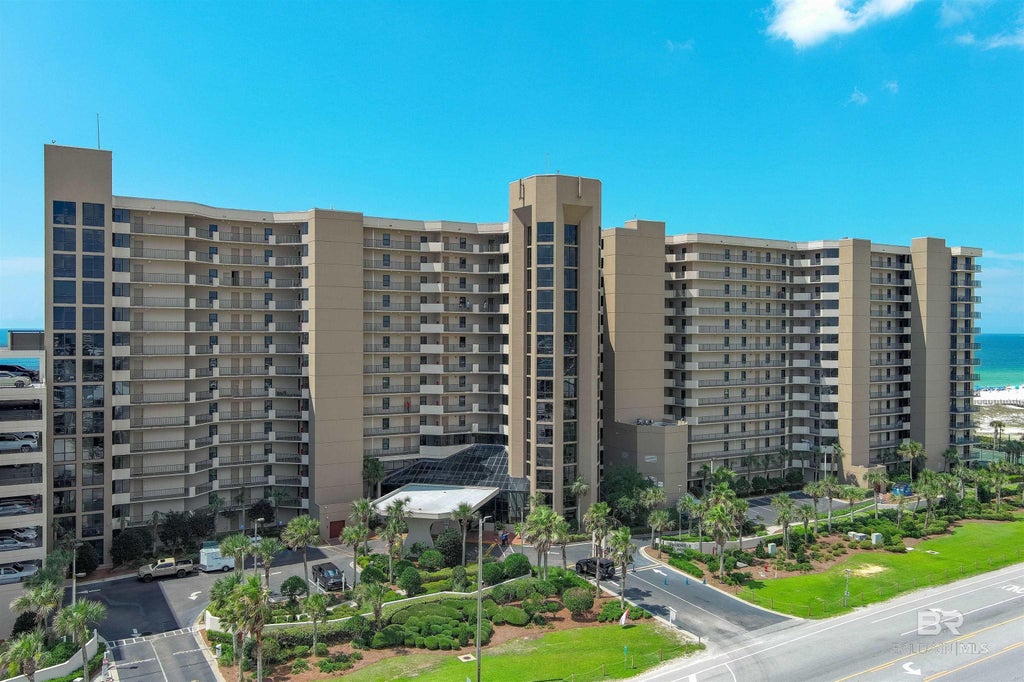
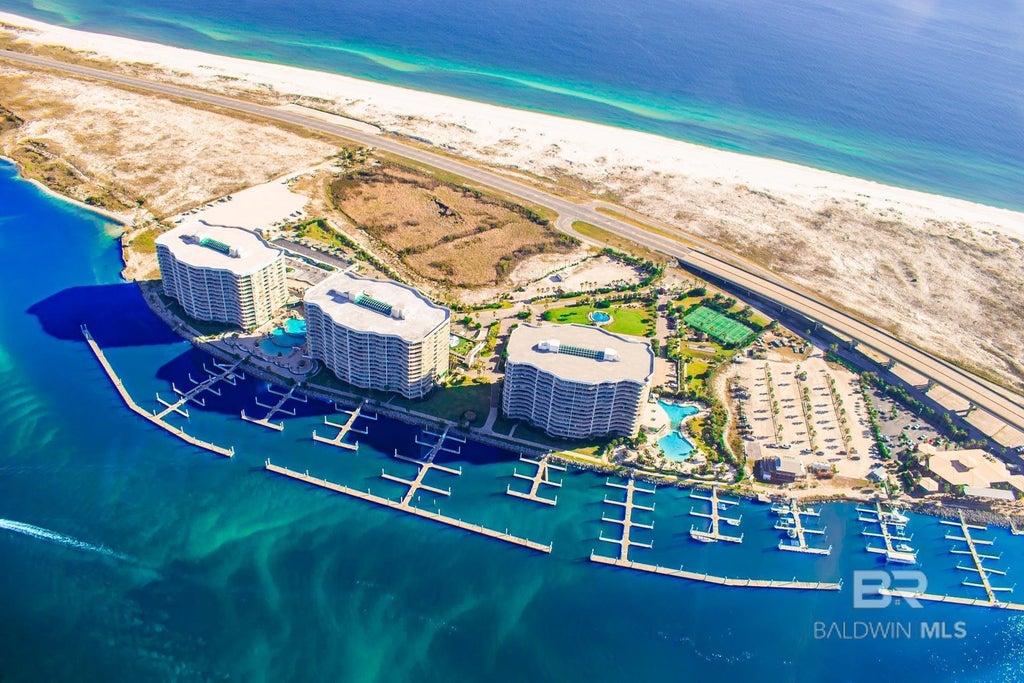
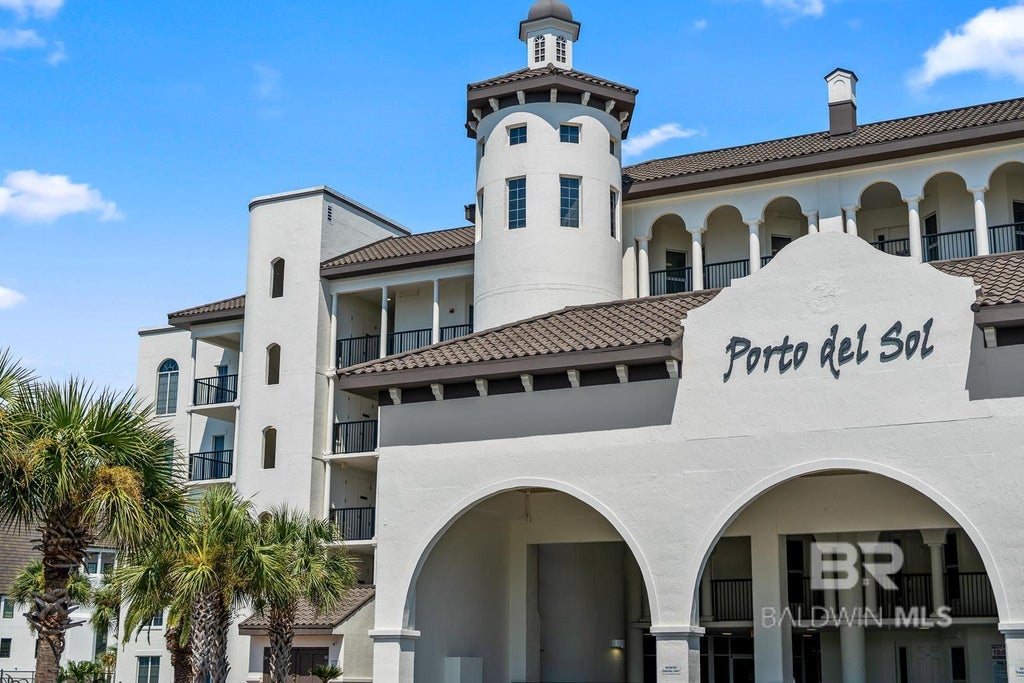
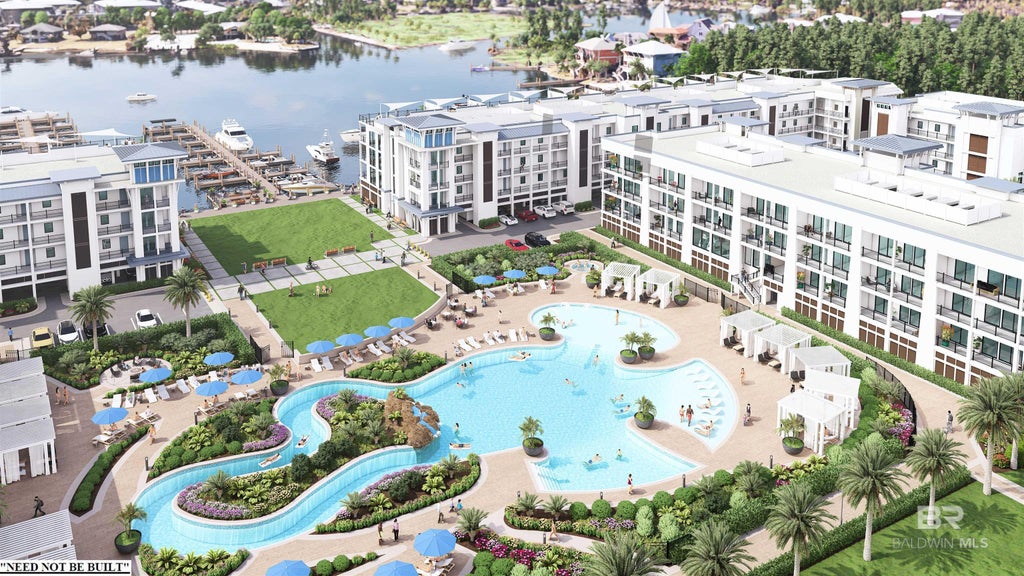
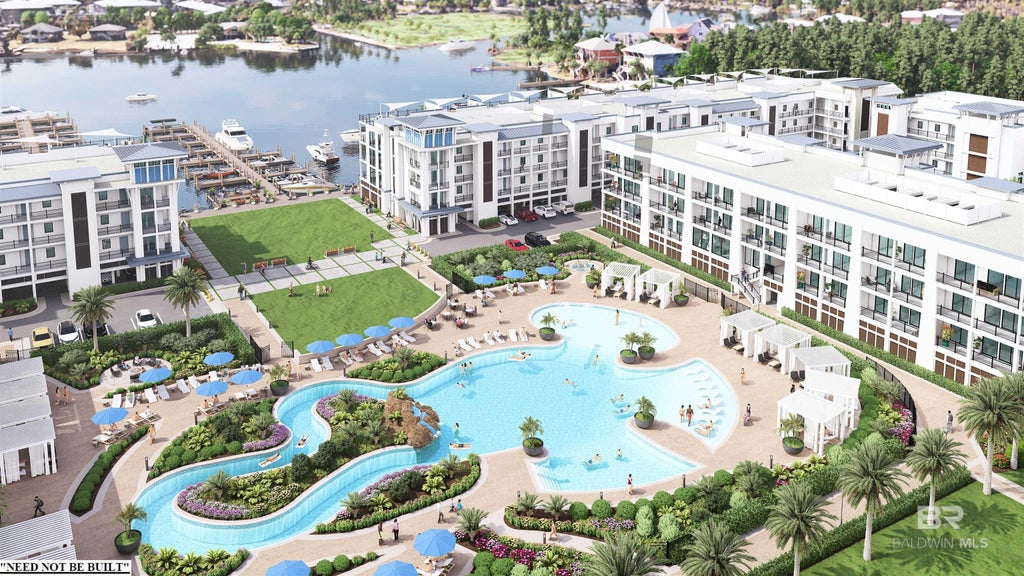
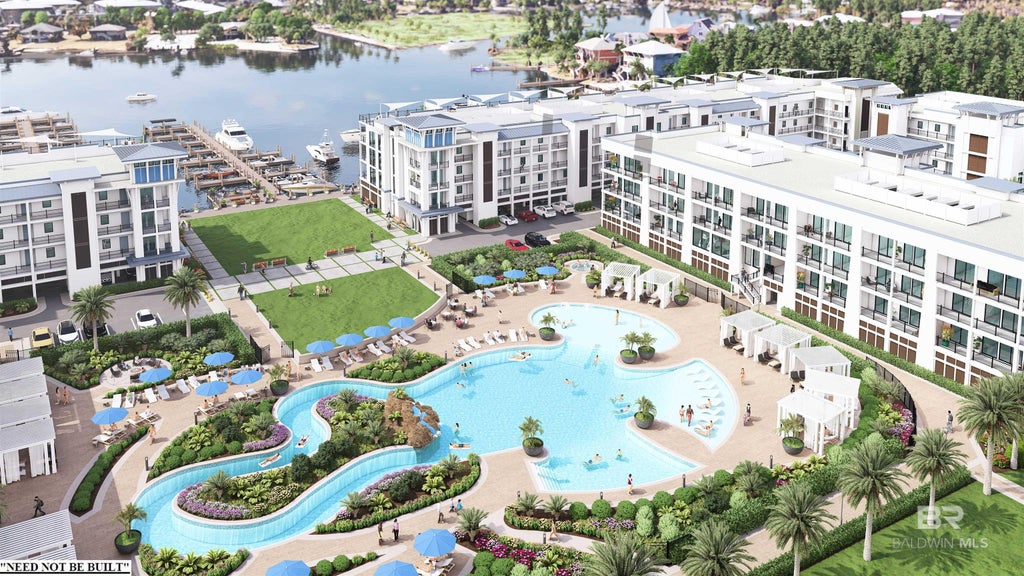
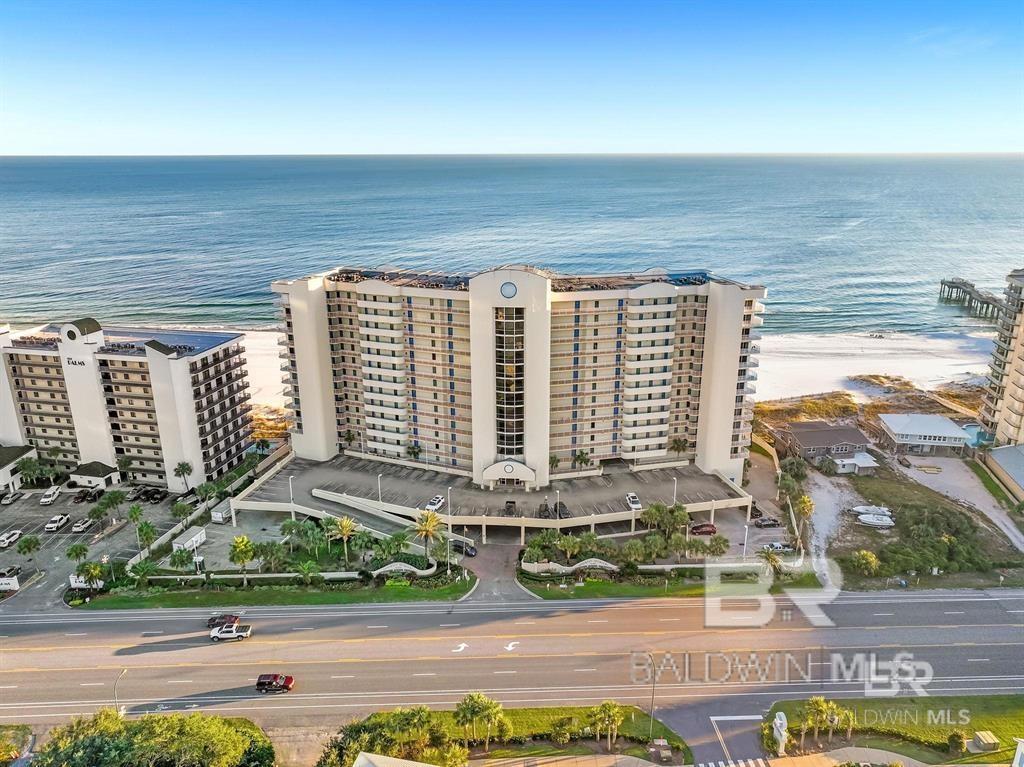

.gif)
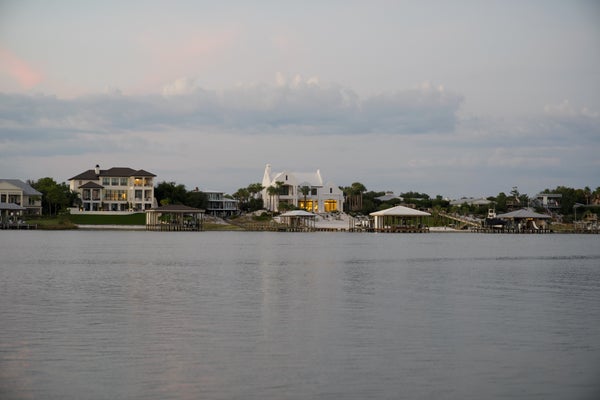

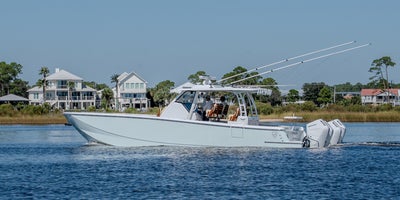

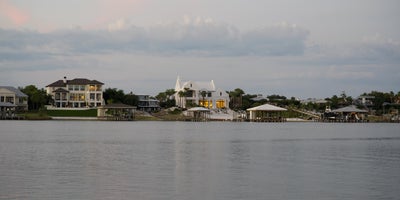
Leave A Comment